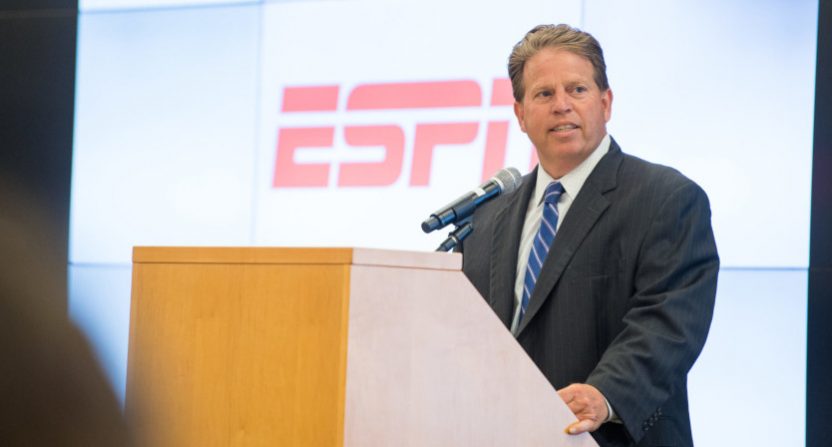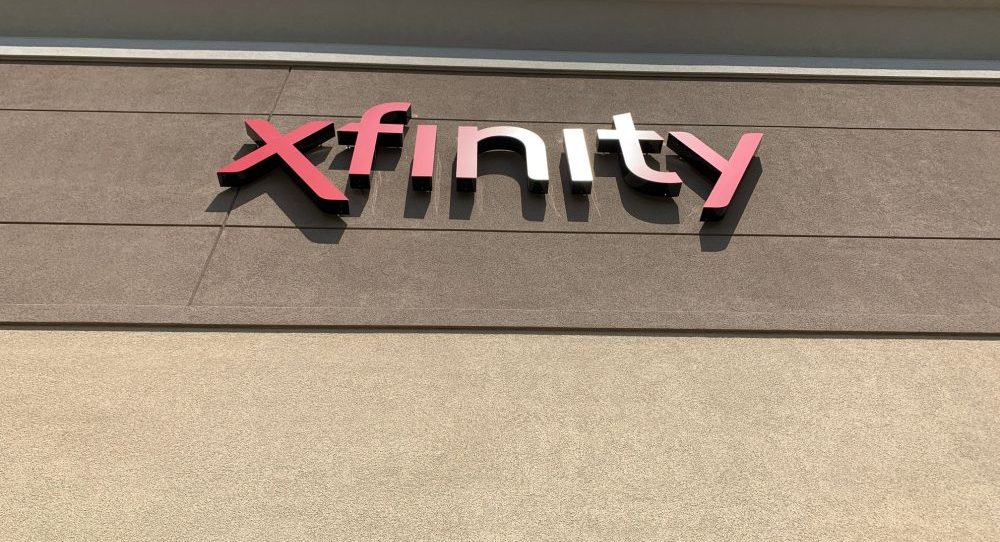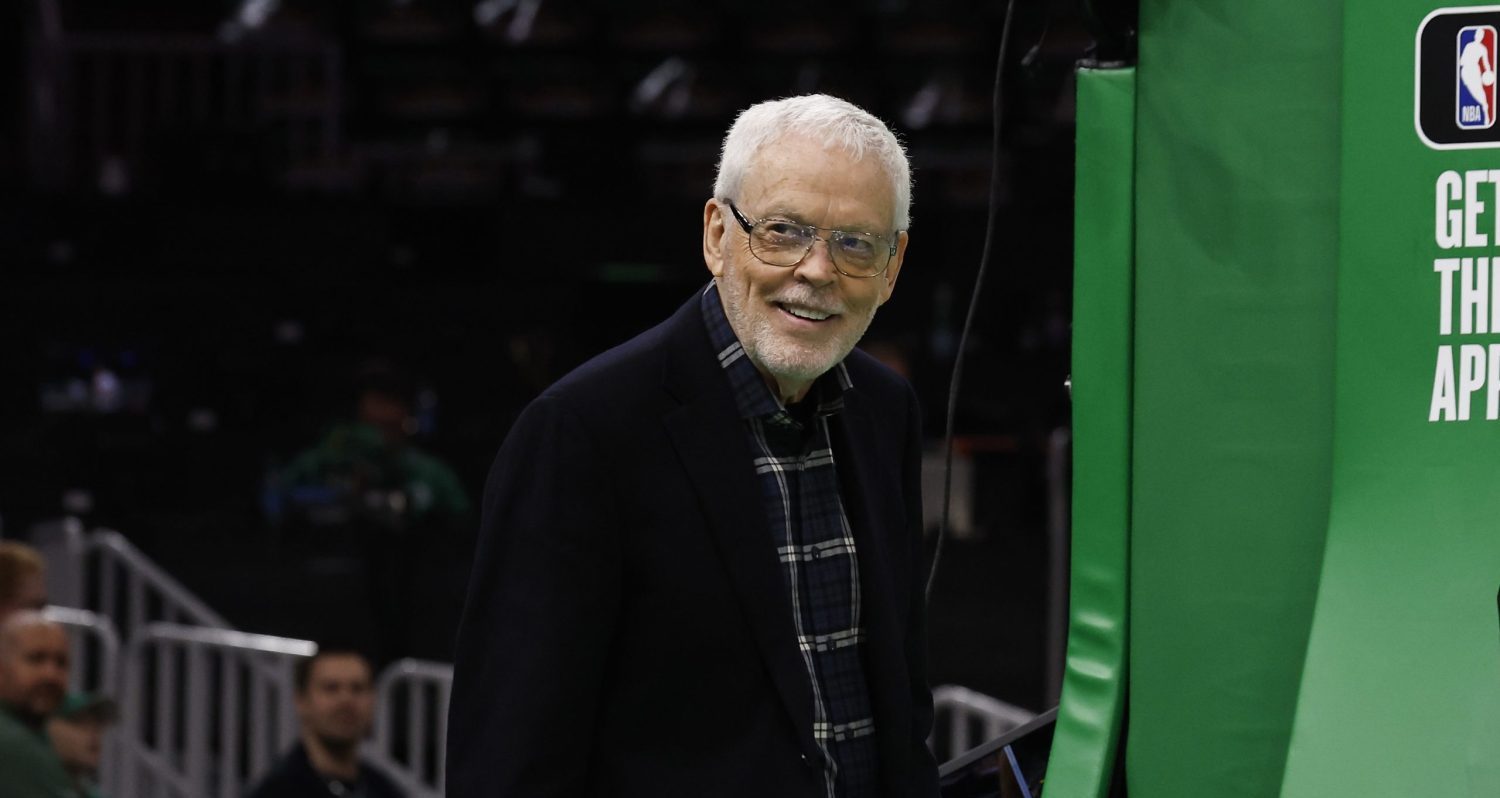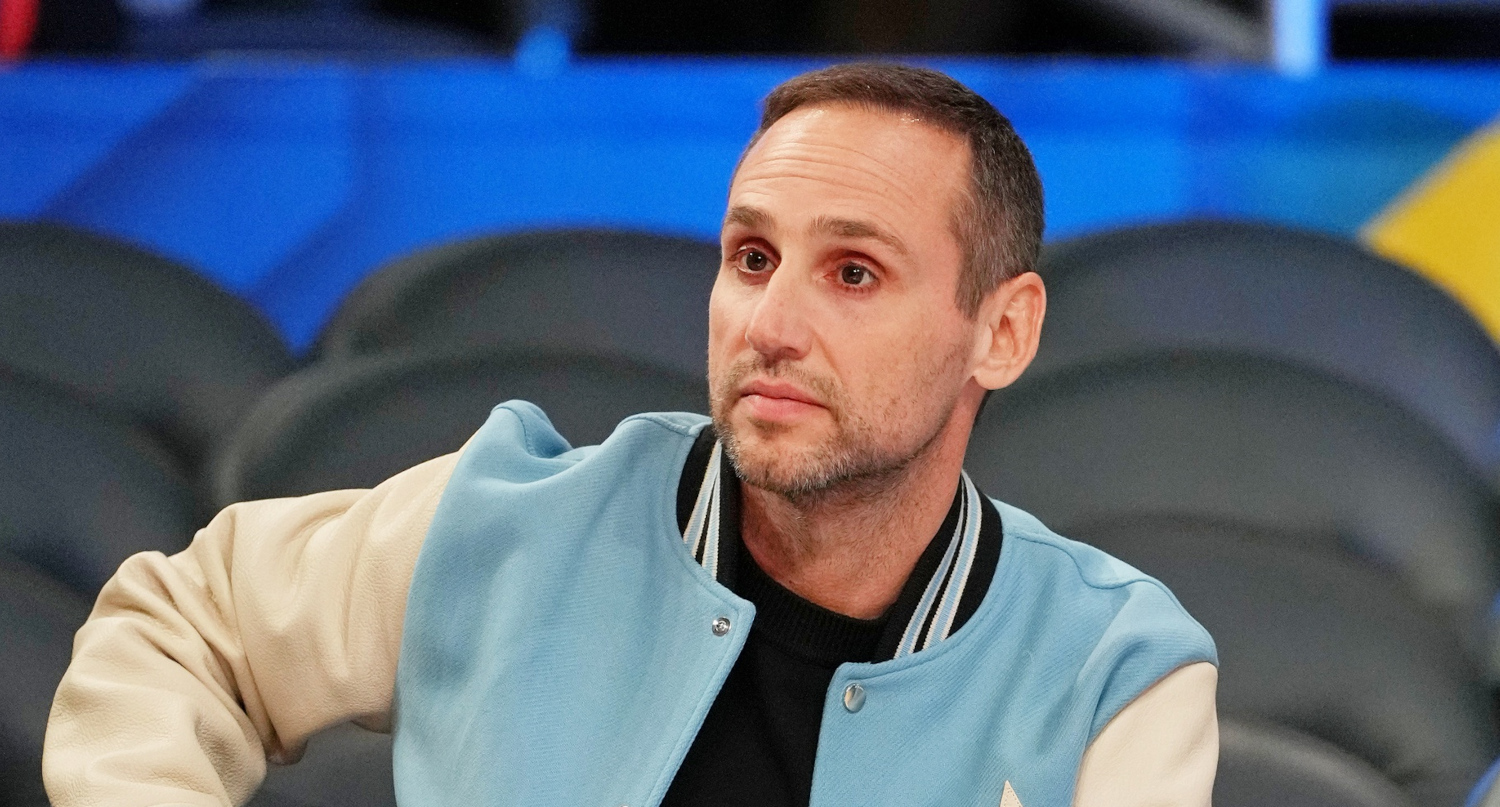Norby Williamson is out at ESPN after nearly four decades, and many have wondered what role star talent Pat McAfee played in the decision after calling Williamson a “rat” on air. On the Sports Media with Richard Deitsch podcast this week, longtime ESPN insider James Andrew Miller reported Williamson’s departure was not a direct result of his public feud with McAfee. Instead, Williamson is out because he failed to align with the network’s vision.
Miller, author of the ESPN oral history Those Guys Have All the Fun, added that Williamson was no longer a good fit with chair Jimmy Pitaro and content president Burke Magnus.
“If Pat McAfee never mentioned Norby Williamson’s name, he still would have been let go last week,” Miller said. “It had nothing to do with it. What it does do though, is it shows that Norby’s behavior is emblematic of somebody who has, quite often, an agenda of their own.”
Miller described past “shadow governments” at ESPN that Williamson spearheaded behind the scenes. Those included fights against SC6 with Michael Smith and Jemele Hill, The Jump with Rachel Nichols, and The Dan Le Batard Show with Stugotz on ESPN Radio.
Over the past several months, Williamson clearly developed a similar distaste for The Pat McAfee Show, which the network licenses for its midday slot. So McAfee’s comments may not have led directly to Williamson leaving, but Williamson’s failure to embrace a big swing from ESPN management hurt his standing with the company.
“Whether management always had a full-blown definition of what they wanted or not, Norby has been able to capture what he thought was right and execute accordingly,” Miller explained. “And sometimes, he did it even in contrast to what management wanted. Clearly, management had spent a lot of money on Pat McAfee. They believe he is a vehicle for the future in terms of delivering non-linear eyeballs. And Norby wasn’t having it, so there’s a reason why Pat said what he did.”
ESPN faces declining revenue from cable carriage fees and will launch a direct-to-consumer service next year. It is in the process of renegotiating key broadcast rights deals for college and pro sports, including the College Football Playoff and NBA. At the same time, ESPN is evaluating how best to utilize McAfee and his crew and what the future will be with top talent Stephen A. Smith.
When it comes to McAfee, his relationship with ESPN is unique. The network pays him to appear on College GameDay, but he is not an employee of the Walt Disney Company like Stephen A. Smith or Mike Greenberg.
“Pat McAfee is not an employee of ESPN … you have to keep that in mind,” Miller reminded. “They license his services, and there’s a fundamental difference between that arrangement and him being an employee. He has a much greater margin for error, or let’s just say cache, to say whatever he wants.”
Maybe McAfee just said what needed to be said, accusing Williamson of “sabotaging” his show behind the scenes. It may not have been the final straw for Williamson as some believed, but it certainly highlighted a friction internally that ESPN deemed was not tenuous heading into an important couple of years.
“(Williamson) wasn’t on the same page. And I think the stakes now for ESPN have never been higher, probably since the early days of the 1980s,” Miller said. “They need that alignment. So it’s not about what Pat said, it’s about how Norby was involving himself with a major piece of talent that the company clearly wanted to succeed.”
McAfee faces an easier path to freedom at ESPN now, and management can move forward with a unified vision in a way they never seemed to be able to with Williamson around.
[Sports Media with Richard Deitsch]







